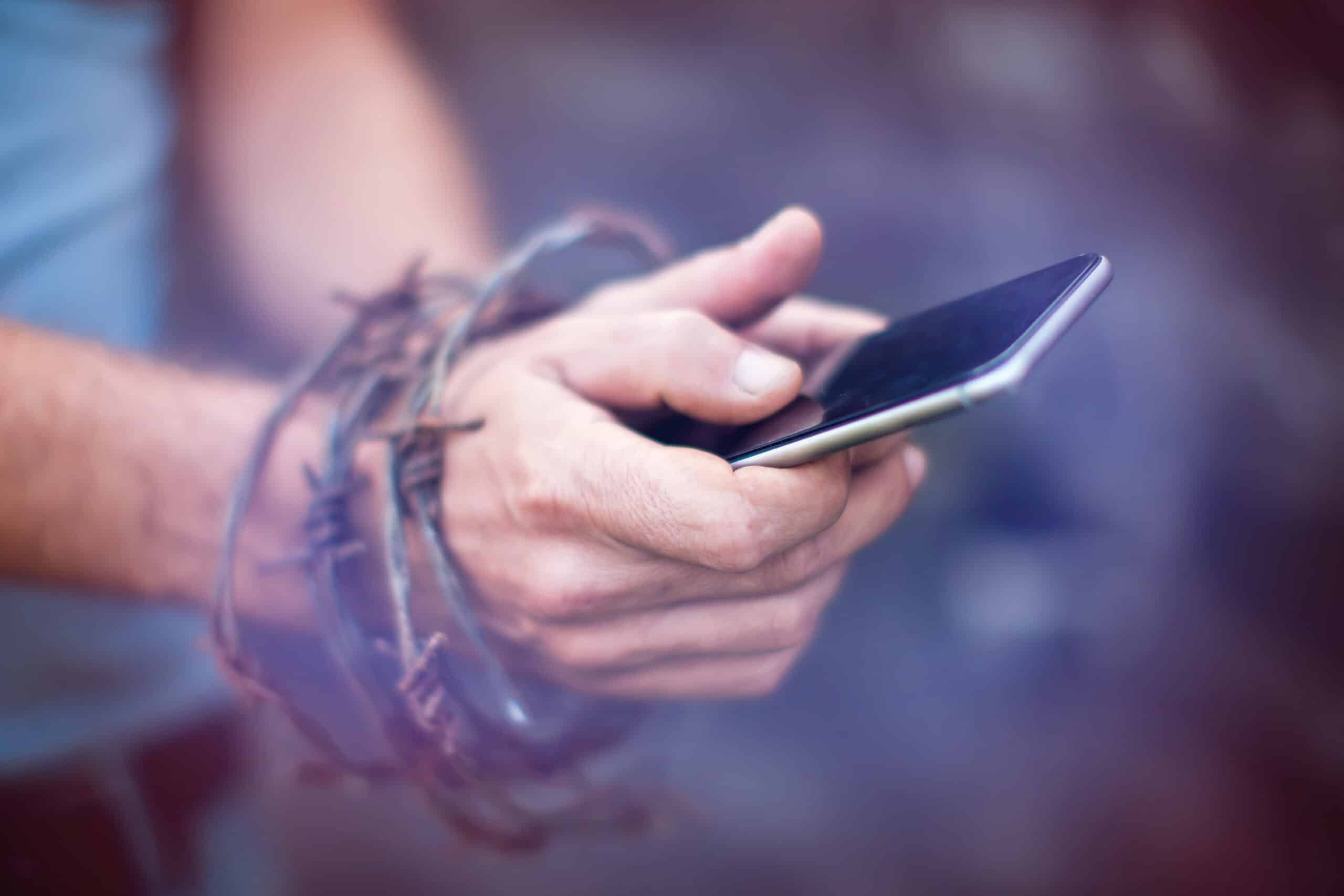The Complex Relationship Between Teens and Social Media
The effects of social media can reach far beyond the positive and become harmful to your teen’s mental and digital health when there aren’t any boundaries around its use.
Mental health
Social media can worsen mental health conditions when teens engage in behaviors like obsessively comparing themselves to others.
The World Health Organization (WHO) says that “globally, it is estimated that 1 in 7 (14%) 10–19 year-olds experience mental health conditions, yet these remain largely unrecognized and untreated.”
Common mental health issues among teens include anxiety, depression, attention deficit hyperactivity disorder (ADHD), body image struggles, and eating disorders.
Digital self-harm, when someone anonymously posts and sends hurtful messages about oneself or to oneself, is also becoming increasingly common among teens as a way to cope with emotional pain and uncomfortable feelings. It can eventually lead to physical self-harm, substance use, and violence.
Social media can perpetuate digital self-harm and exacerbate mental health challenges because it’s so accessible. It’s easy to create profiles and it’s hard for these platforms to monitor every single one closely and ensure they aren’t misused.
Cyberbullying
Cyberbullying also happens regularly on social media. Unfortunately, it’s incredibly easy to reach out to nearly anyone on these platforms with a threat or hurtful message. Because of this, it’s equally likely for your teen to become a victim of cyberbullying as it is for them to engage in the behavior.
Either way, social media becomes incredibly dangerous when cyberbullying is present. It can reinforce a bully’s bad behavior. Even sadder, cyberbullying can impact a victim’s mental and emotional health so much that it leads to self-harm or suicide.
Physical health and safety
Although the primary focus of this article is social media’s impact on your teen’s mental and digital health, we have to mention how it can put your teen’s physical safety in jeopardy.
One of the most grave examples of this is illustrated with distracted driving. Many older teens use electronics while driving, including scrolling their social media feeds.
Recent distracted driving statistics revealed that “roughly 20% of driving-related injuries, including deaths, are the result of distracted driving.” This research also disclosed that among drivers involved in crashes where someone died, drivers 15-19 were more likely to be distracted than those 20 and older.
When teens become so involved with social media that they’re engaging on these platforms while driving, it not only puts their safety at risk but everyone else on the road.
Keep Your Teen Mentally and Digitally Healthy While Using Social Media
Despite the harmful side of social media, eliminating it completely from your teen’s life isn’t necessarily the right answer. As mentioned above, these platforms can offer a lot of good to your teen’s life.
You simply need to help them form healthy social media habits and keep an eye on how their use impacts them mentally and emotionally. Keep reading for more on how you can encourage your teen to develop a healthy relationship with social media.
Open the lines of communication about social media use
Forcing rules on your teen about their social media use without talking to them first will probably result in them being resistant.
If you want your teen to openly accept social media rules, approach the conversation about them together. They’ll be more likely to adopt the rules when they have a hand in creating them.
That said, talking to your teen about social media is easier said than done. To get the best results, stay calm in the conversation no matter what you discover. Ask questions about how and why they use different social media platforms. Discuss positive and negative online behaviors.
Bringing up the importance of online safety is also vital. Between cyberbullying and online predators, securing your teen’s personal information and privacy while on social media is a must.
Ensure your teen does the following to stay safe on social media while traveling, at home, or out and about:
- Avoid oversharing personal information
- Be cautious about using public Wi-Fi networks
- Turn off location-reporting settings on every social media platform
- Don’t share private documents like travel documents or passports
- Make sure trusted family members or friends know where they are in case anything happens
You can create healthy social media habits they’ll stick to when you keep the lines of communication open about social media. The relationship between the two of you becomes more trusting as well, making it so your teen will come to you when they’re having social media issues.
Actively monitor your teen’s social media use
As much as we want them to, teenagers aren’t going to share everything with their parents. So, in this case, they may not tell you if they’re being bullied online, or if they’re talking to someone romantically, or if they think their use is affecting them emotionally.
This makes it that much more important for you to actively monitor how and when they’re using social media. Start with checking your teen’s phone regularly. Setting up a monitoring tool on their phone could also be helpful.
Finally, pay attention to how they behave before, during, and after social media use. How does their mood change? Do they interact with you or their siblings differently? Do they seem happy or sad while they’re scrolling their feeds?
You can identify issues and intervene faster to get them back on a healthier path mentally and digitally when you’re actively monitoring your teen’s social media use.




